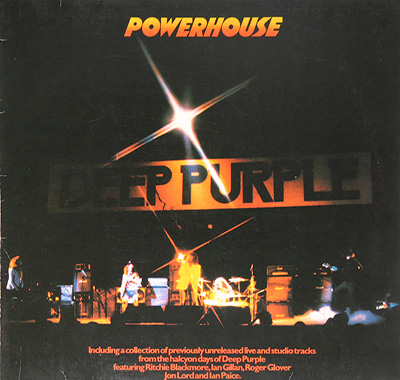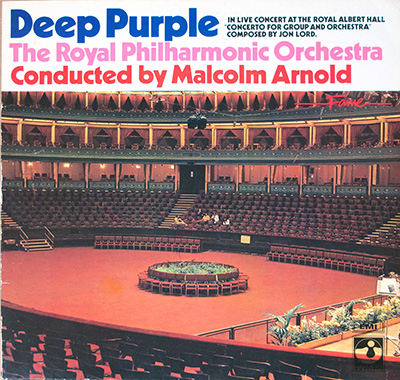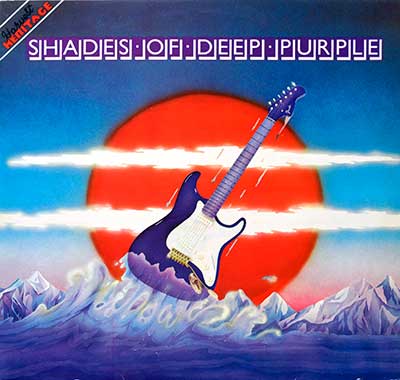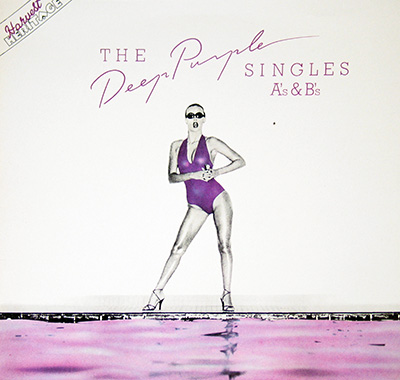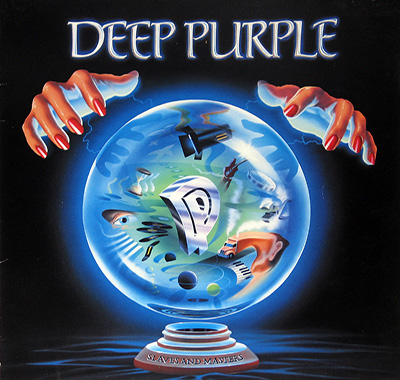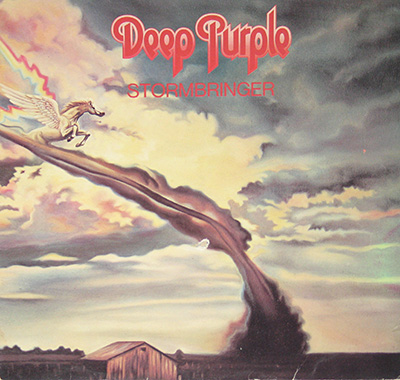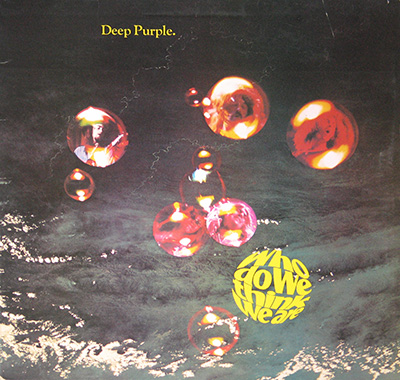The year is 1975, and the landscape of rock music is in a state of flux. Deep Purple, one of the titanic forces of hard rock and heavy metal, finds itself in a pivotal moment. Their "Last Concert in Japan" captures this period of transformation, encapsulated in a 12" vinyl LP album that is as much a historical document as it is a musical experience.
Deep Purple, known for their thunderous riffs, virtuosic solos, and high-octane performances, had undergone significant lineup changes by the time of this recording. The departure of guitarist Ritchie Blackmore and the introduction of Tommy Bolin marked a new era for the band. Bolin, a guitarist with a distinctive flair and a penchant for blending rock with jazz and funk influences, brought a fresh, albeit controversial, dynamic to the group.
Recorded on 15th December 1975 at the Budokan Hall in Tokyo, the album stands as a testament to this transitional phase. The venue itself, an iconic site for rock concerts, imbues the recording with a sense of grandeur and cultural significance. Produced by Deep Purple in collaboration with the renowned Martin Birch, a producer celebrated for his work with heavy metal giants, the album promises a high level of technical proficiency and aural intensity.
Shigeo Matsumoto, the sound engineer, captures the raw energy of the live performance with remarkable clarity. Matsumoto’s engineering work ensures that every note, from the searing guitar solos to the pounding drumbeats, is delivered with a punch that resonates with the listener. This attention to sonic detail is crucial, as it preserves the integrity of Deep Purple’s live sound, which is both chaotic and meticulously crafted.
The cover design, spearheaded by Keishi Akasaka, reflects the era's aesthetic with a blend of visual boldness and subtlety. Kenji Miura’s photography complements Akasaka’s design, providing a visual narrative that matches the intensity of the music. The album cover, with its evocative imagery and design, sets the stage for the auditory journey within.
Musically, "Last Concert in Japan" explores a diverse range of styles. Tracks like "Burn" and "Smoke on the Water" deliver the quintessential Deep Purple sound, characterized by heavy riffs and soaring vocals. Meanwhile, Bolin's influence is evident in songs like "Love Child" and "You Keep On Moving," where his guitar work introduces a more eclectic mix of funk and blues elements. This fusion of styles, while innovative, also stirred controversy among purists who longed for the classic Deep Purple sound dominated by Blackmore’s aggressive guitar work.
Despite the internal and external controversies, the album showcases a band willing to evolve and experiment. The production team, comprising both the seasoned Martin Birch and the adept Shigeo Matsumoto, navigates these musical shifts with finesse. Their collaborative effort ensures that the album not only captures the spirit of the live performance but also the essence of a band in flux, pushing the boundaries of their genre.
Recorded at the Budokan, a venue synonymous with rock ‘n’ roll glory, "Last Concert in Japan" is more than just a live album. It is a snapshot of Deep Purple’s journey through the mid-70s, a period marked by change, experimentation, and a relentless pursuit of musical excellence. This album stands as a significant chapter in the band's history, reflecting both their storied past and their uncertain yet promising future.
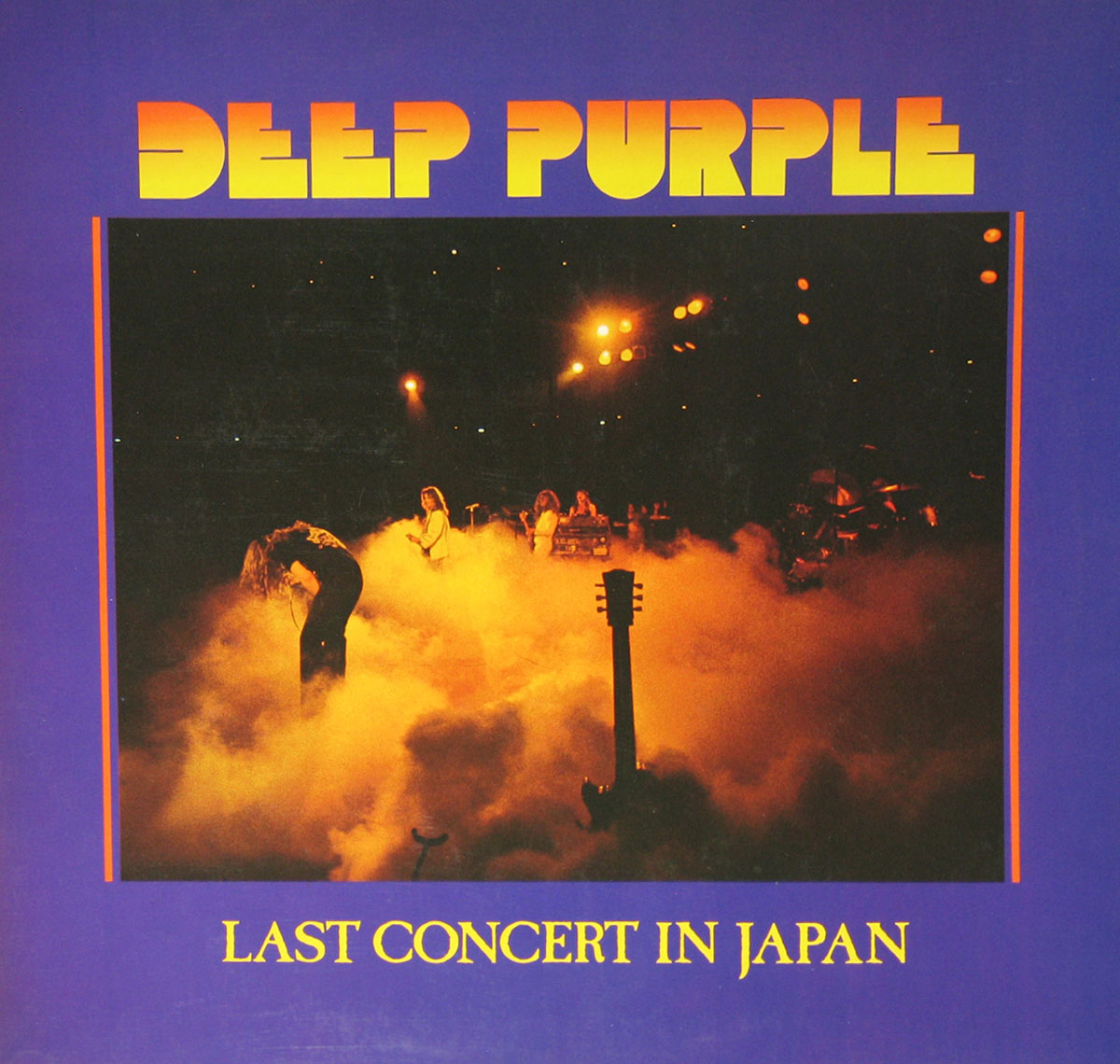
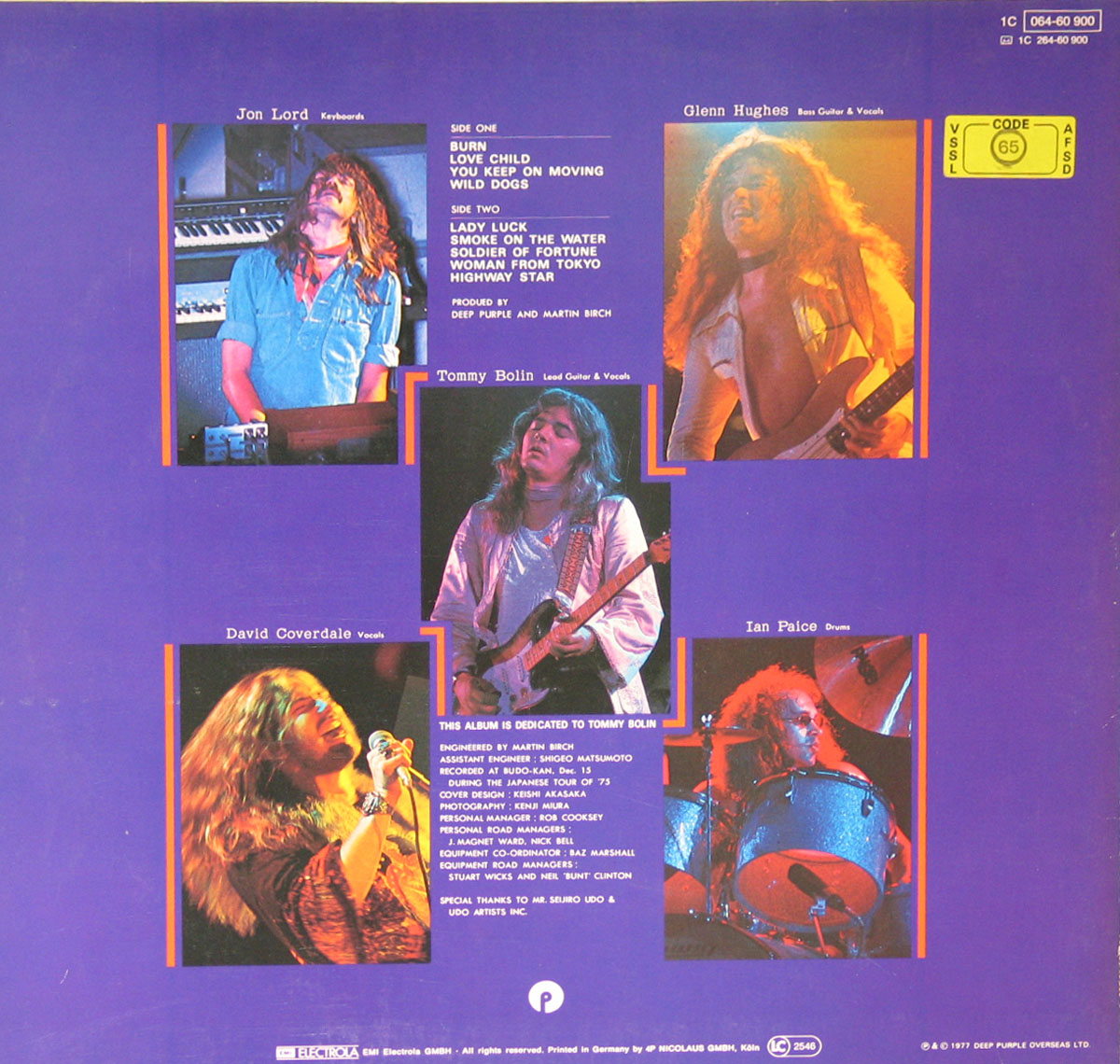
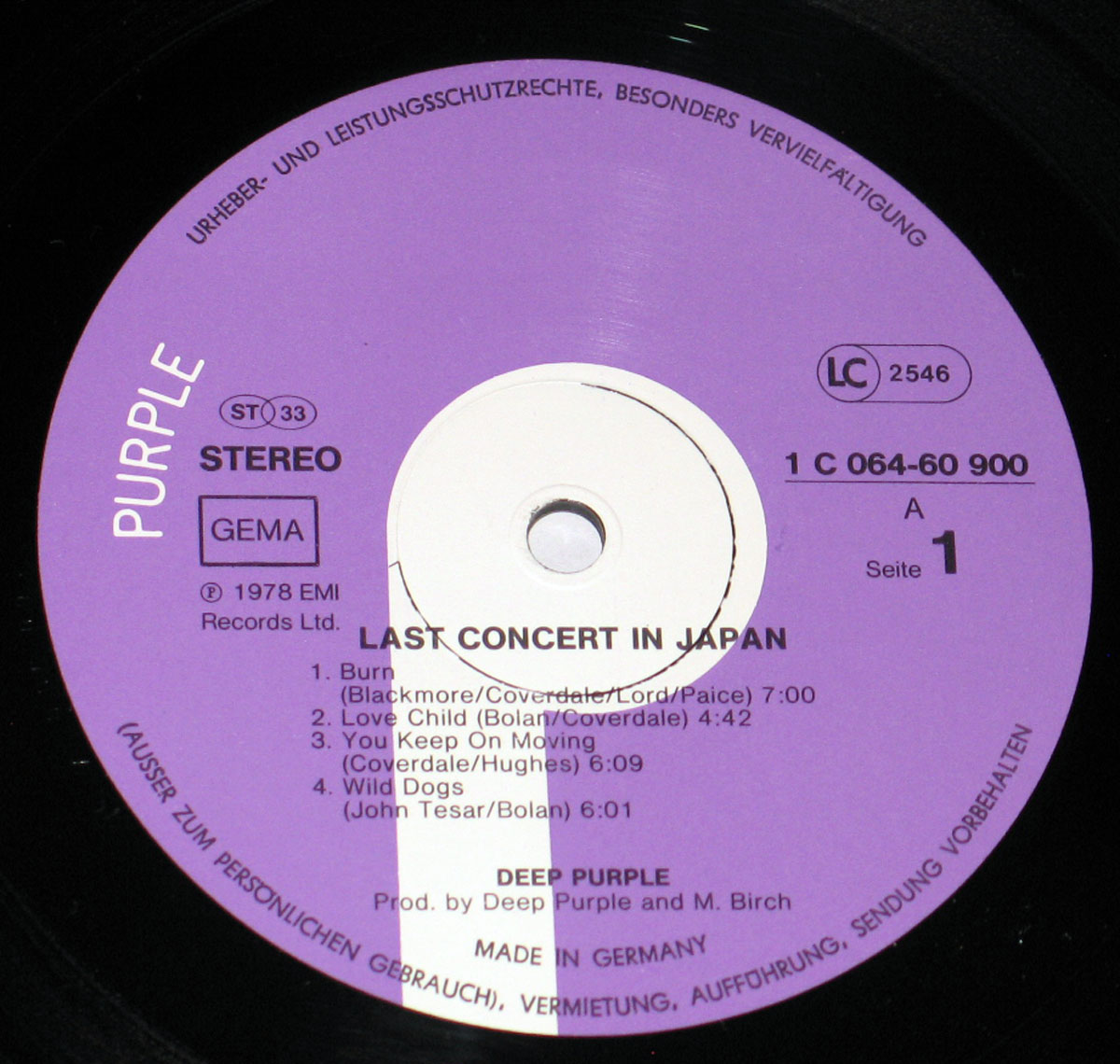
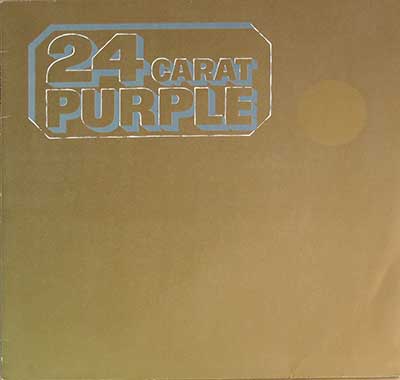
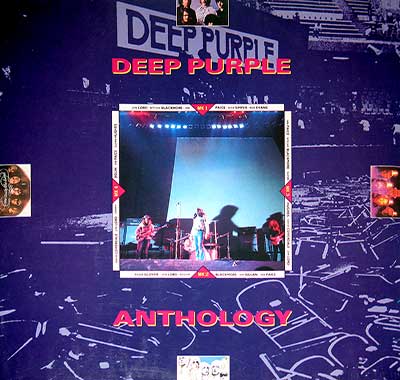
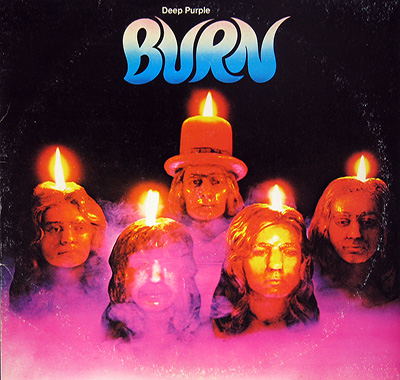
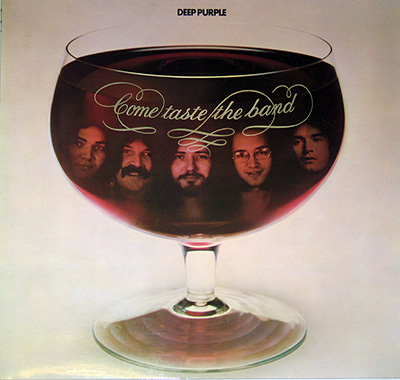
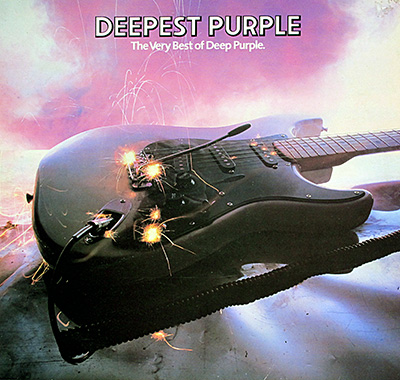
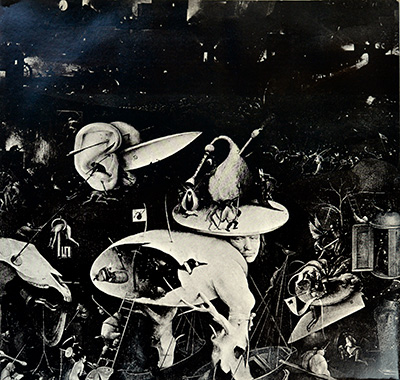
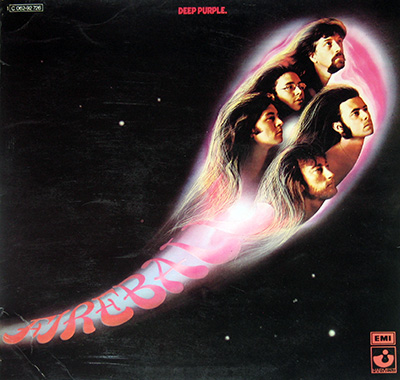
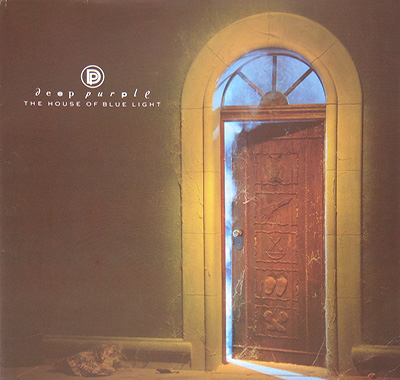
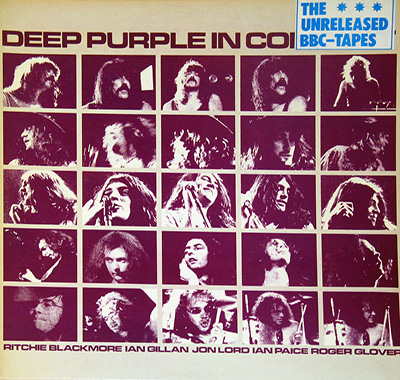
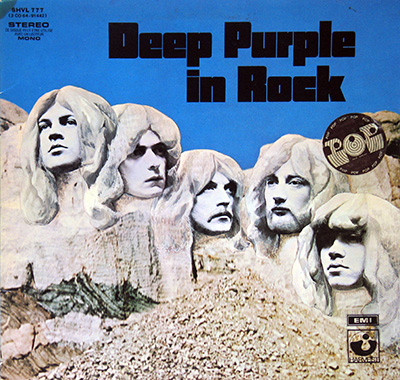
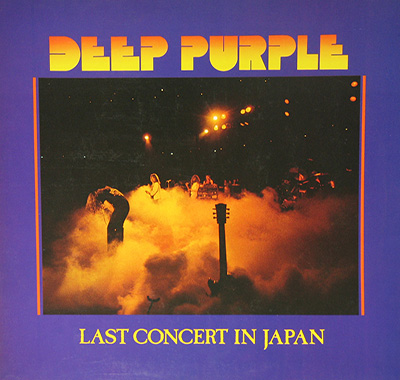
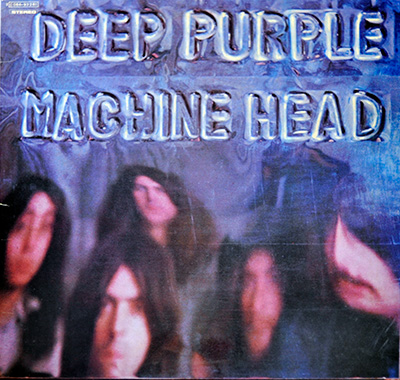
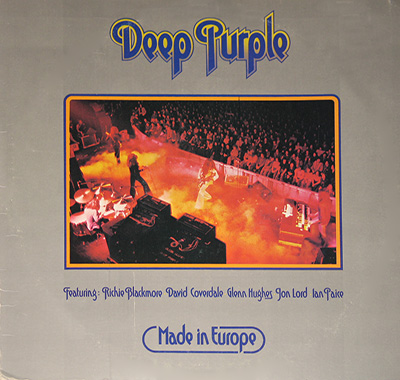
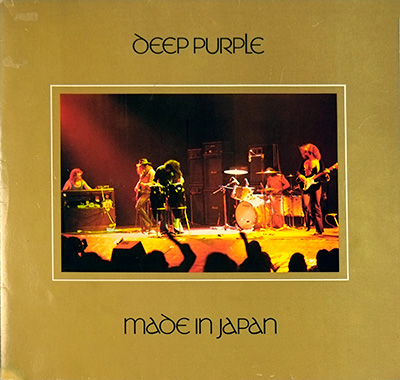
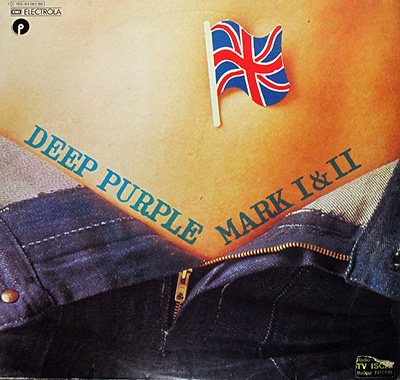
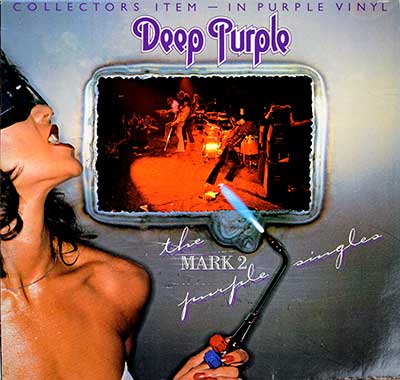
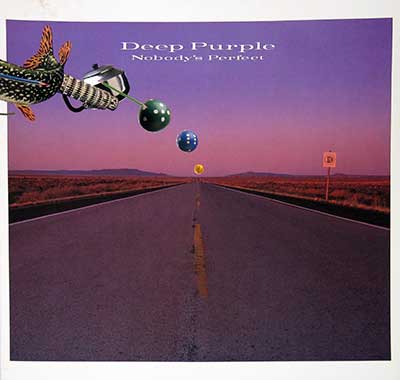
.jpg)
